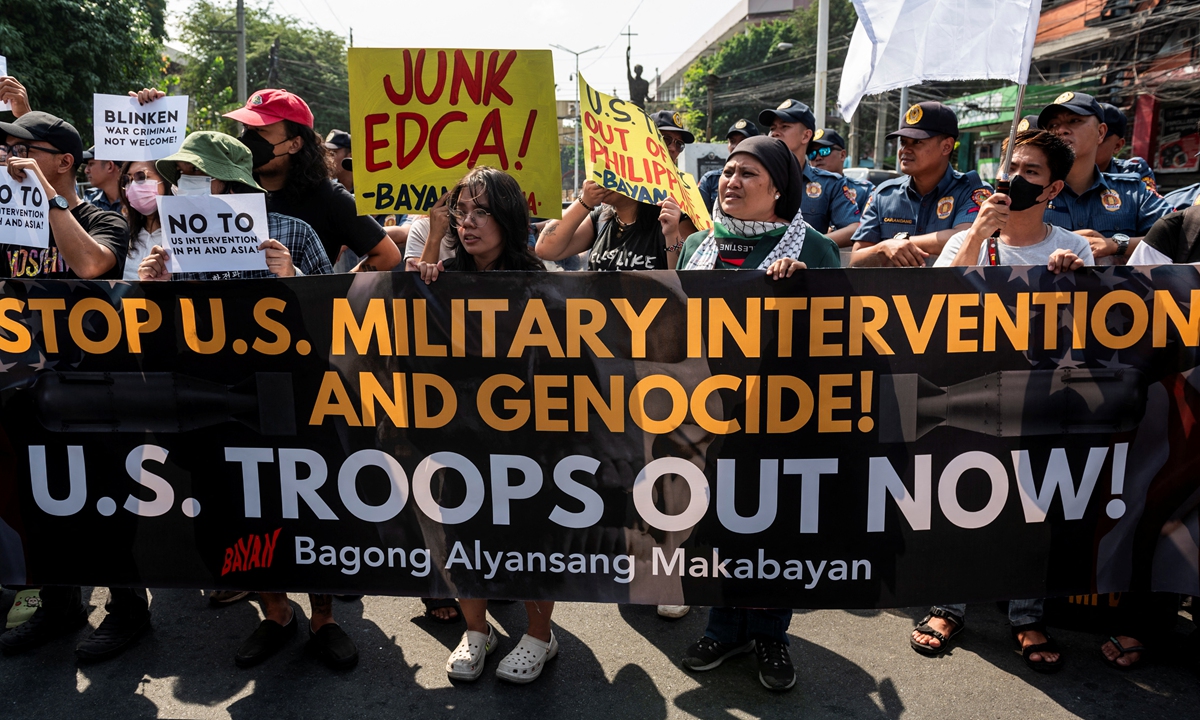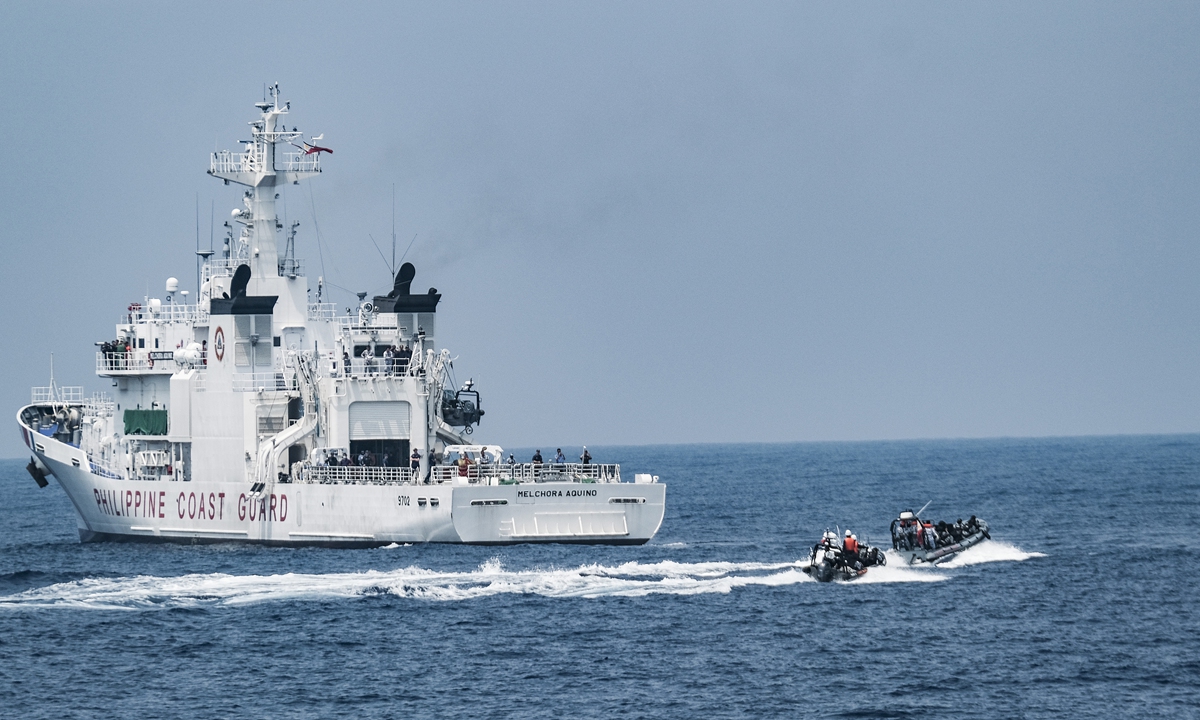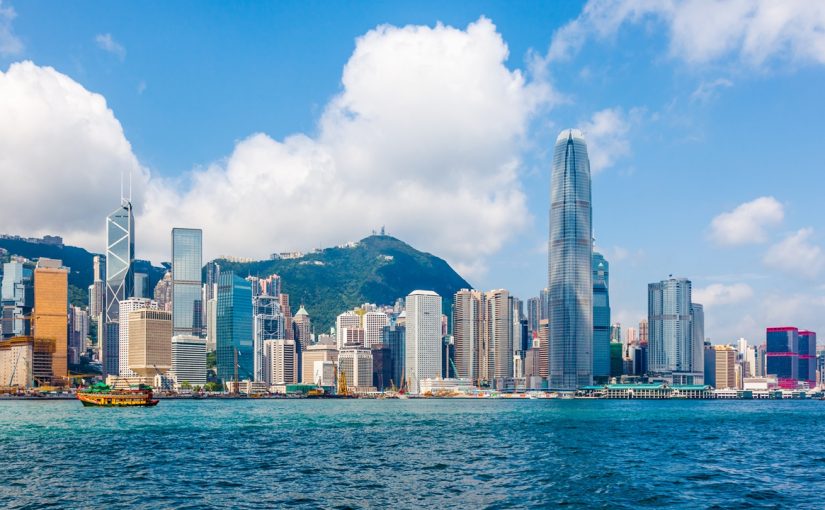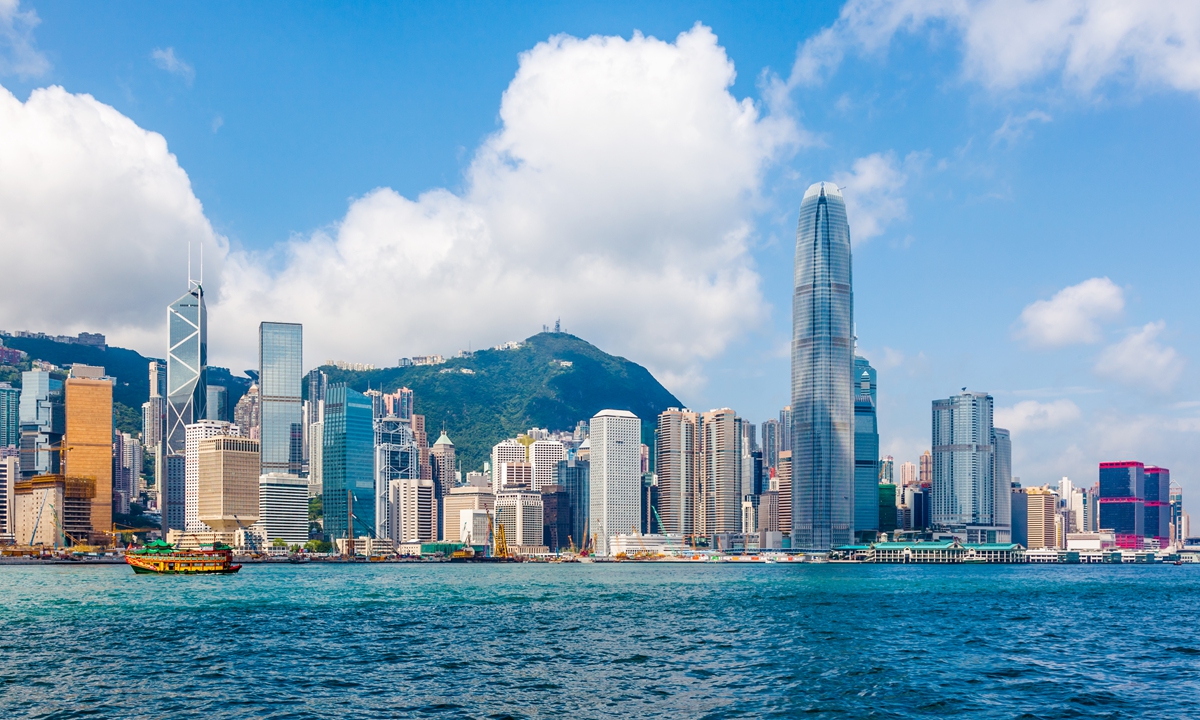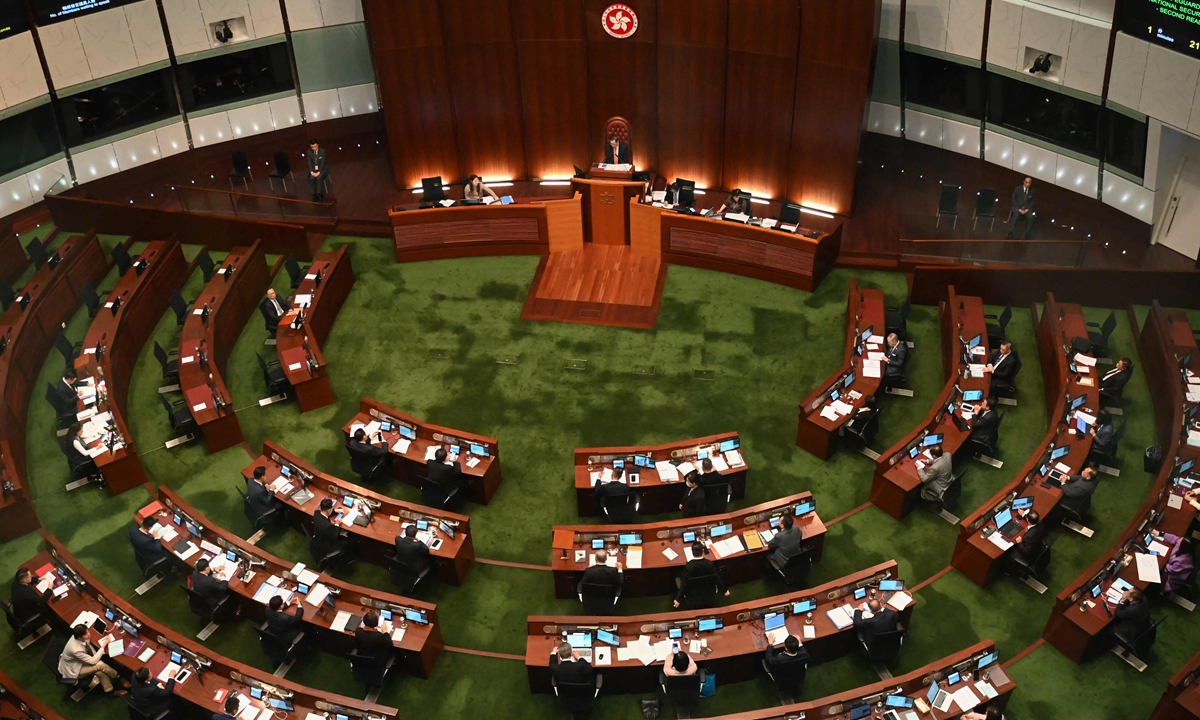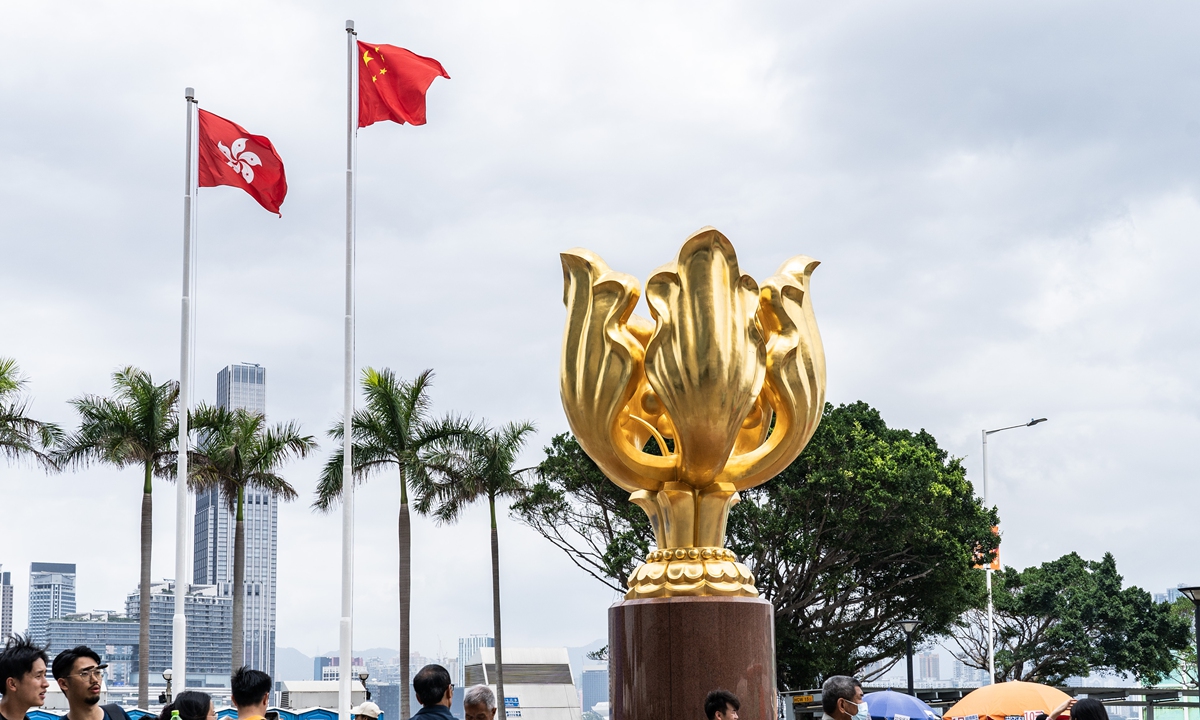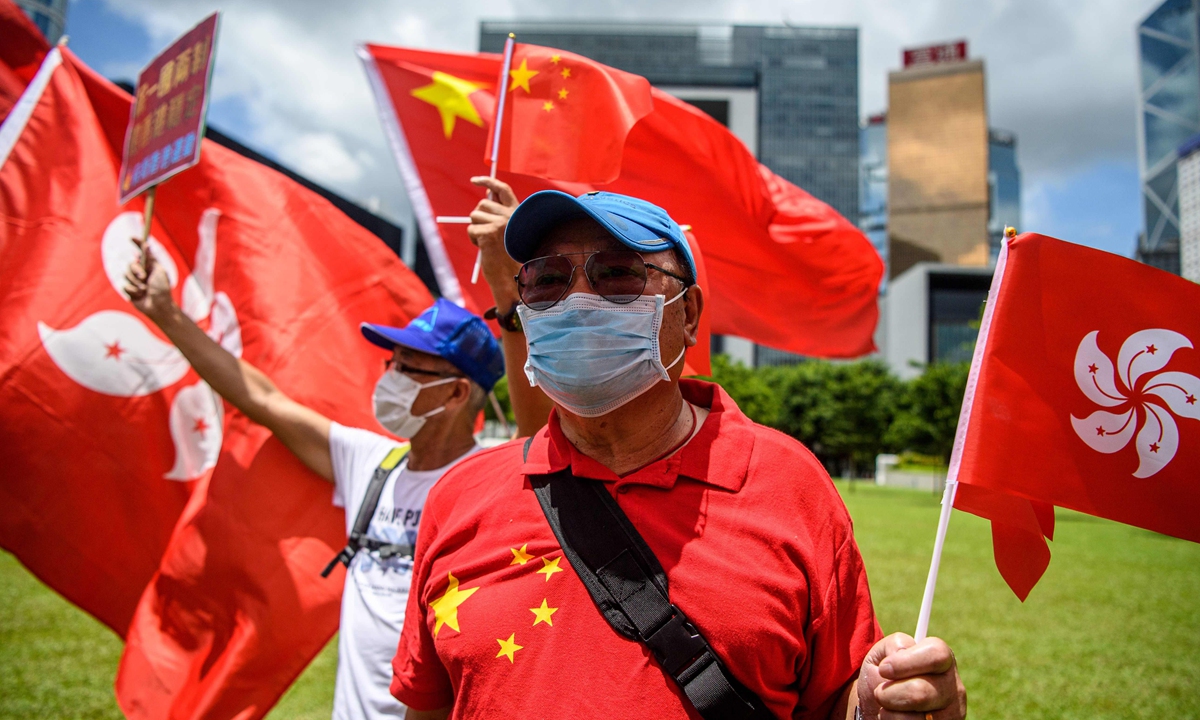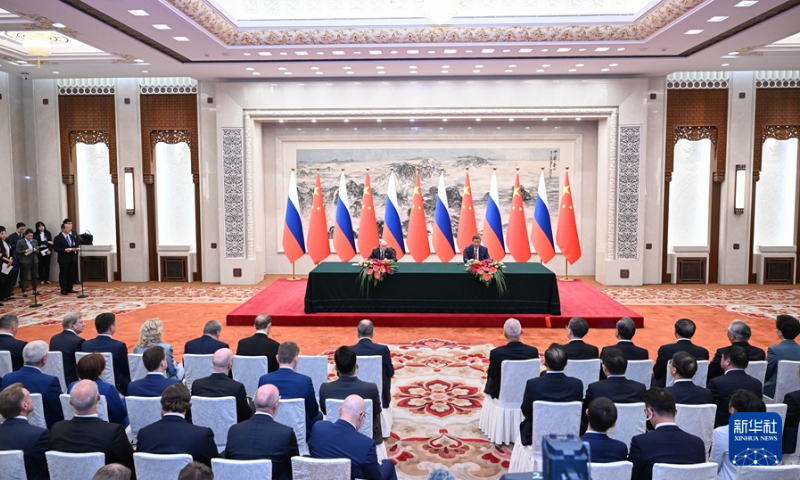
Chinese President Xi Jinping and Russian President Vladimir Putin meet the press on May 16 in Beijing. Photo: Xinhua
On May 16, Chinese President Xi Jinping held talks with Russian President Vladimir Putin, who is in China on a state visit, at the Great Hall of the People in Beijing. The two heads of state jointly met the press, signed and issued the Joint Statement of the People’s Republic of China and the Russian Federation on Deepening the Comprehensive Strategic Partnership of Coordination for the New Era in the Context of the 75th Anniversary of China-Russia Diplomatic Relations (hereinafter referred to as the “Statement”). Under the strategic guidance of the two leaders, China and Russia have consistently developed their bilateral relations based on the principles of non-alignment, non-confrontation, and not targeting any third party, setting an example of peaceful coexistence and win-win cooperation between major powers. This not only aligns with the fundamental interests of both countries and their peoples but also contributes to regional and global peace, stability, and prosperity.
This year marks the 75th anniversary of the establishment of diplomatic relations between China and Russia. Summarizing the notable progress in China-Russia relations over the past 75 years, President Xi said that it is attributable to the two countries’ commitment to five principles. First, China and Russia are committed to mutual respect as the fundamental principle of relations, and always render support for each other’s core interests. Second, China and Russia are committed to win-win cooperation as the driving force of relations, and work to foster a new paradigm of mutual benefit. Third, China and Russia are committed to lasting friendship as the foundation of relations, and carry forward the torch of Sino-Russian friendship. Fourth, China and Russia are committed to strategic coordination as an underpinning of relations, and steer global governance in the right direction. Fifth, China and Russia are committed to fairness and justice as the purpose of relations, and dedicated to the political settlement of hotspots. These “five principles” set an exemplary model for relations between neighboring major powers and will continue to guide China-Russia relations toward new successes.
The relationship between China and Russia, two major powers, is unique in the history of modern international relations. The two countries are not military-political allies, but rather represent a new model of major power relations characterized by non-alignment, non-confrontation, and not targeting any third country. The development of their relationship has its own internal logic and driving force. It is not a threat to any country, nor is it subject to any interference or discord sown by any third party. This is a summary of the extraordinary 75-year development history of China-Russia relations. Both countries respect each other’s national sovereignty, security, and development interests, as well as their own chosen development path, which is the “secret” to why their relationship has become a model for the development of partnerships between major powers and neighboring countries. As President Xi said, this is not only the correct way for China and Russia to get along, but also the direction that major-country relations should strive for in the 21st century.
The close cooperation between China and Russia is a driving force for stability in the international landscape. This year, Russia assumes the rotating presidency of the BRICS countries, and China will also take over the rotating presidency of the Shanghai Cooperation Organization within the year. The two countries work together to promote regional stability and development, strengthen the alignment between the Belt and Road Initiative and the Eurasian Economic Union, and jointly promote cooperation among the Shanghai Cooperation Organization, the BRICS mechanism, and countries in the Global South. Both countries uphold multilateralism, oppose hegemony and unilateralism in international organizations such as the United Nations and the G20, effectively promoting the democratization and multipolarization of the global order, as well as firmly upholding international fairness and justice.
Currently, some countries are using “national security” as a pretext to promote deglobalization and group politics, kidnapping allies to push for “decoupling” and build “small yard, high fence.” This has increased the complexity and uncertainty of regional and global security situations. As permanent members of the UN Security Council, China and Russia share similar security views and maintain effective strategic communication. They jointly oppose zero-sum games and Cold War mentality, group politics, confrontational blocs, dividing the world based on ideology and political systems, and confrontational policies and interference in other countries’ internal affairs. This is a positive asset for the world. In the Statement, China and Russia propose that, given the current geopolitical context, it is necessary to explore the establishment of a sustainable security system in the Eurasian space based on the principles of equal and indivisible security, outlining a blueprint for achieving genuine regional common security.
In recent years, with Russia’s focus on “turning to the East” in foreign economic cooperation, China-Russia economic and trade cooperation has developed rapidly. China has been Russia’s largest trading partner for 13 consecutive years, accounting for 32 percent of Russia’s foreign trade. Russia became China’s fourth largest trading partner in 2023. These achievements are not easy and have been achieved by both countries overcoming various external challenges and unfavorable factors, highlighting the solid foundation of the China-Russia relationship. This year also marks the “China-Russia Years of Culture.” The two countries and their people have a strong driving force to enhance mutual understanding and continue lasting friendship through deepening cultural exchanges.
A mountain is formed by accumulation of soil and an ocean is formed by accumulation of water. After 75 years of solid accumulation, lasting friendship and all-round cooperation between China and Russia provide a strong impetus for the two countries to forge ahead despite wind and rain. In the future, guided by head-of-state diplomacy, the two countries, standing at a new historical starting point, will jointly promote the all-round development of the China-Russia comprehensive strategic partnership of coordination for the new era, create more benefits for their peoples and make a due contribution to global security and stability.



